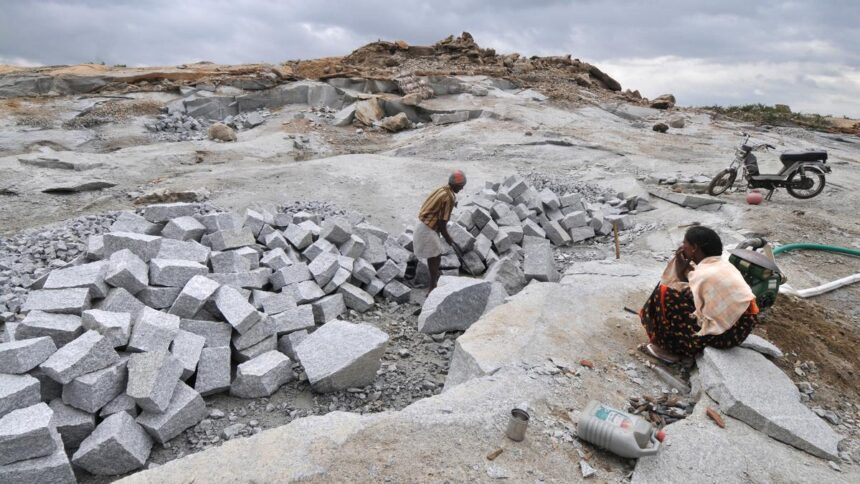The country’s push for self-reliance in critical minerals, following Chinese threats to restrict imports, may prove beneficial for the recycling industry. The government is ramping up support for critical minerals recycling amid an unpredictable global market influenced by geopolitical tensions.
Recycling firms are optimistic about the newly announced ₹1,500 crore incentive scheme for critical minerals recycling, alongside a ₹5,000 crore initiative to bolster domestic production of rare earth magnets. Stakeholders view these programs as potential game-changers for the sector and the nation at large.
The critical minerals scheme encourages growth among both established companies and new entrants, fostering expansion, modernization, and diversification. Start-ups in the recycling domain are poised to take advantage of these incentives.
Anupam Kumar, Co-founder and CEO of lithium-ion battery recycling firm MiniMines, emphasizes the importance of aligning with governmental policies. He aims to capture a significant portion of India’s lithium demand by 2028 through recycling efforts. MiniMines currently supplies refined lithium, cobalt, and nickel salts to various industries, including batteries, glass, pharmaceuticals, and high-temperature grease. Kumar believes the incentives will strengthen the company’s refining capabilities and reverse logistics partnerships.
Metastable Materials, based in Bengaluru, sees the scheme as a “welcome catalyst,” especially since a third of the funds target smaller players. Founder Shubham Vishvakarma stresses that the full potential of the ₹1,500 crore incentive hinges on effective enforcement of the extended producer responsibility (EPR) program and enhanced logistics support, which he believes will accelerate critical minerals production.
Vishvakarma anticipates that urban mining could enable the recycling industry to supply approximately 25 percent of critical minerals by 2040. In contrast, larger companies like Attero Recycling suggest that the sector’s potential contributions to India’s critical mineral needs could be significantly expanded with a focus on urban mining.
Attero also views the ₹5,000 crore initiative for rare earth magnet manufacturing as a vital opportunity for domestic production. Recently, the company announced a ₹100 crore investment to raise its rare earth element (REE) recycling capacity from 300 to 30,000 tonnes per year and has secured patents to convert magnets into oxides.
As major players seek opportunities, recycling firms are encouraged to explore the synergies between recycling and the manufacturing of rare earth magnets. Kumar outlines MiniMines’ strategy to forward integrate, aiming to supply essential green minerals such as lithium, cobalt, nickel, and neodymium to crucial sectors including green hydrogen and semiconductors.
Despite these advancements, Vishvakarma cautions that additional long-term measures are necessary to significantly compete with China. He advocates for greater investment in midstream refining, sustained scale, and comprehensive industrial policies. While domestic manufacturing is expected to grow, success hinges on ongoing policy support and strategic partnerships.
The necessity of rare earth magnets in a wide range of products—from electric vehicles to consumer electronics—has triggered the launch of the National Critical Mineral Mission (NCMM) this year, accompanied by the incentive scheme for rare earth manufacturing and a plan for over a thousand critical mineral exploration projects between FY25 and FY31.
Nitin Gupta, CEO of Attero, envisions a promising future for India’s recycling of critical minerals and manufacturing of rare earth magnets. He states, “India’s annual requirement for rare earth magnets is approximately 6,000 tonnes, and with strategic planning, we could become not only self-reliant but also a global recycling hub.”
Published on September 15, 2025.










